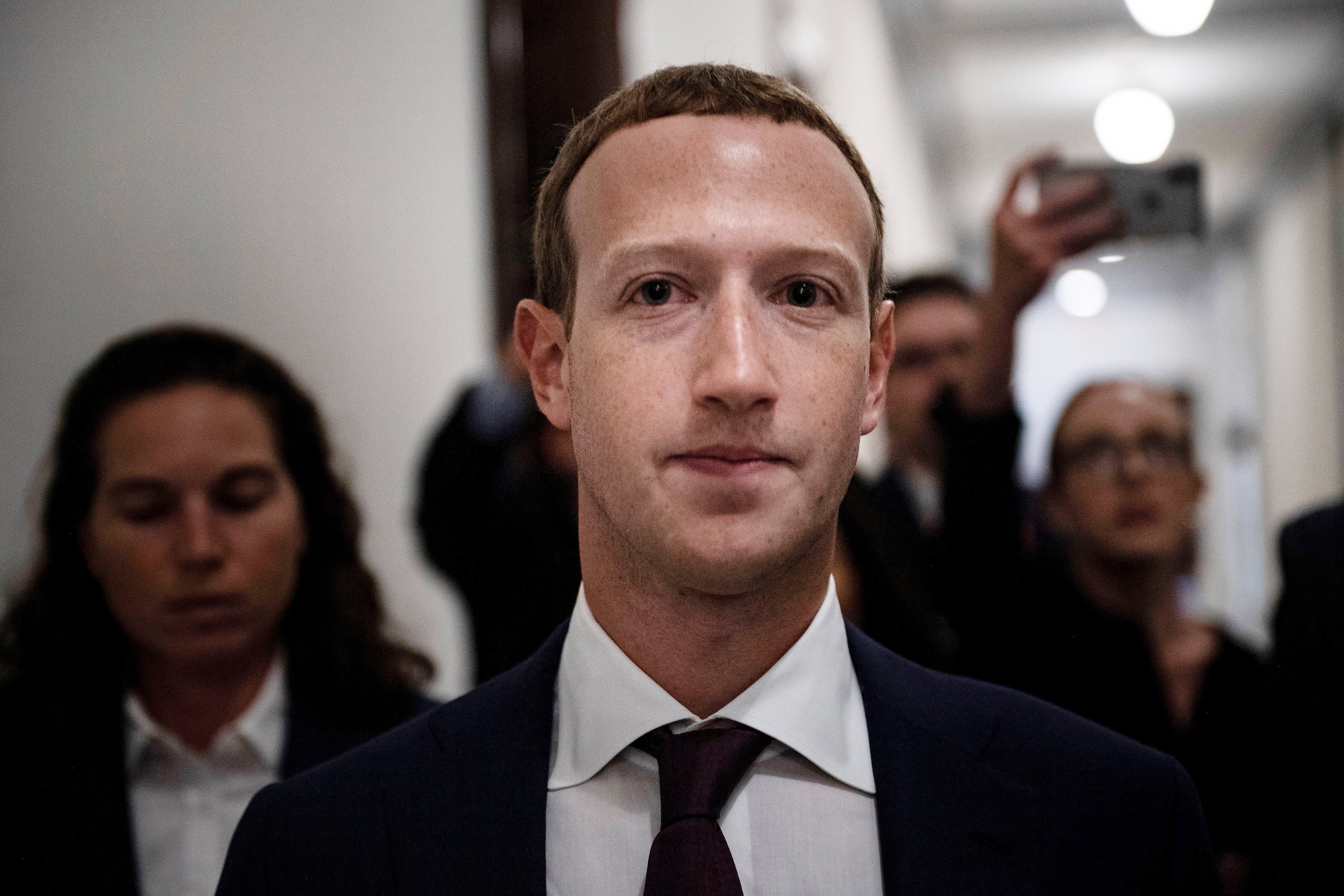
Facebook CEO Mark Zuckerberg walks to meetings for technology regulations and social media issues on September 19, 2019, in Capitol Hill, Washington, DC.
BRENDAN SMIALOWSKI | AFP | Getty Images
Facebook on Friday issued an apology following an anonymous blog post complaining about a racist culture toward black, Hispanic and female Asian employees at the social media company.
"No one at Facebook, or anywhere, should have to put up with this behavior," Bertie Thomson, Facebook vice president of corporate communications said in a statement. "We are sorry. It goes against everything that we stand for as a company. We're listening and working hard to do better."
The blog post was written anonymous by a group claiming to be past and present Facebook employees. The employees said "things have gotten worse" since former employee Mark Luckie published a note in November 2018 claiming Facebook had "a black people problem."
"Racism, discrimination, bias, and aggression do not come from the big moments," the anonymous employees wrote. "It's in the small actions that mount up over time and build into a culture where we are only meant to be seen as quotas, but never heard, never acknowledged, never recognized, and never accepted."
In the post, the employees detail a number of racist incidents, including a program manager who was asked by two white colleagues to clean up their mess and another employee who said human resources took no action after they reported an incident.
There were also multiple stories involving employees giving negative anonymous feedback on Facebook's performance review system to hurt their minority colleagues' performance ratings. CNBC has previously detailed how Facebook's performance review system is often used by employees to penalize their colleagues.
"We cannot afford to be vulnerable externally because Facebook has made us a vulnerable target internally," the anonymous employees wrote. "The only thing we can hope for in this cathartic exercise is to influence change by sharing our stories and hope that no one else experiences the same discriminatory behaviors that we have."
WATCH: Here's how to see which apps have access to your Facebook data — and cut them off
Reaed More
Post a Comment